


Freelac Oral Solution
Manufacturer
Leeford Healthcare Ltd
Salt Composition
Lactulose (10gm)
Key Information
Short Description
Freelac Oral Solution is a type of sugar used to treat constipation and hepatic encephalopathy (a liver disease causing confusion, tremor, decreased level of consciousness).
Dosage Form
Oral Solution
Introduction
Freelac Oral Solution can be taken with or without food. You should take this medicine as advised by your doctor. Use this medicine regularly to get the maximum benefit and try to take it at the same time(s) each day. Your dose may go up or down depending on how well it is working. Do not take more than you are advised to and if you miss a dose, do not take an extra one to make up for it. This medicine takes at least 48 hours to work. Talk to your doctor if you are still constipated after 3 days.
Directions for Use
Take this medicine in the dose and duration as advised by your doctor. Check the label for directions before use. Measure it with a measuring cup and take it by mouth. Shake well before use. Freelac Oral Solution may be taken with or without food but it is better to take it at a fixed time.
Safety Information
Side Effects
No common side effects listed
Alcohol Warning
Consuming alcohol with Freelac Oral Solution does not cause any harmful side effects.
Breastfeeding Warning
Freelac Oral Solution is probably safe to use during breastfeeding. Limited human data suggests that the drug does not represent any significant risk to the baby.
Pregnancy Warning
Freelac Oral Solution is generally considered safe to use during pregnancy. Animal studies have shown low or no adverse effects to the developing baby; however, there are limited human studies.
How it works
Freelac Oral Solution works by drawing water into the intestine through osmosis which makes the stool soft and easier to pass.
Quick Tips
Eat more fiber in your diet. Recommended daily intake is 20-35g Drink 8-10 glasses of water per day Exercise regularly at least 3 times per week Do not hold in stool as that can worsen bowel issues
Related Medicines
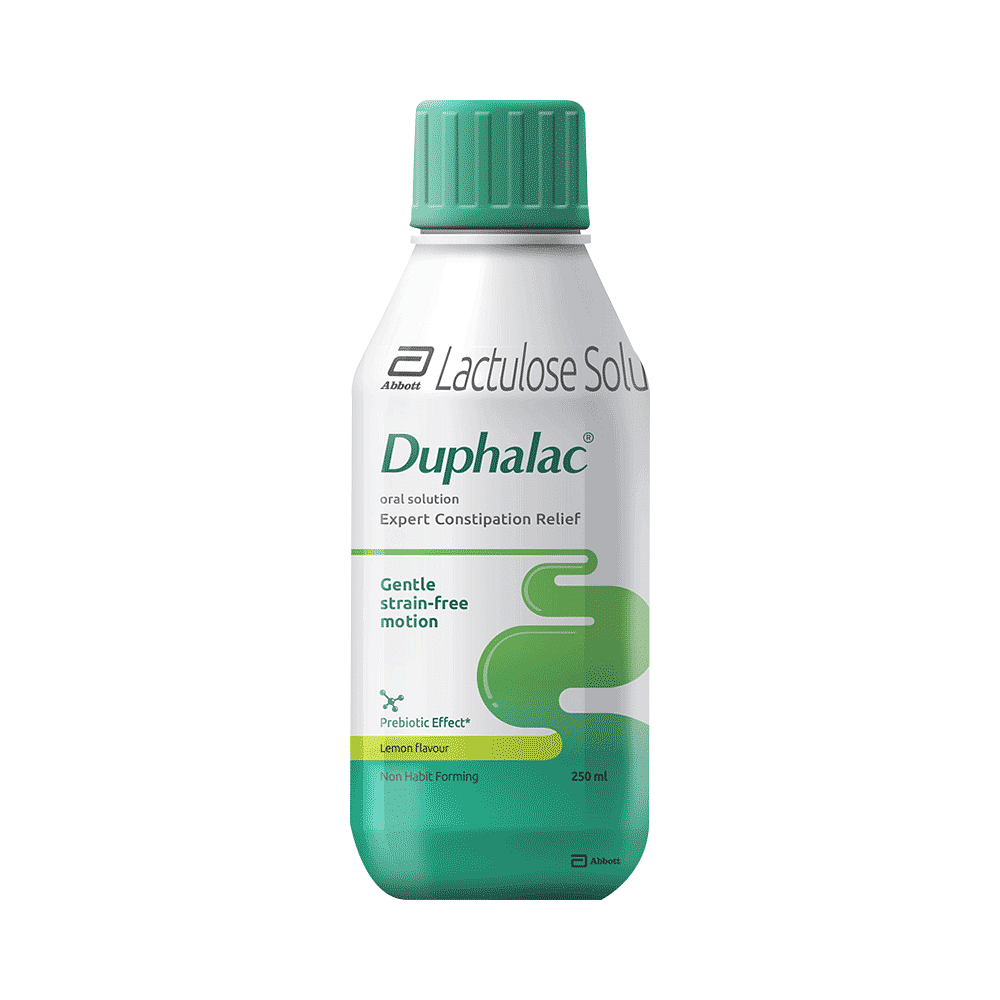
Duphalac Oral Solution Lemon
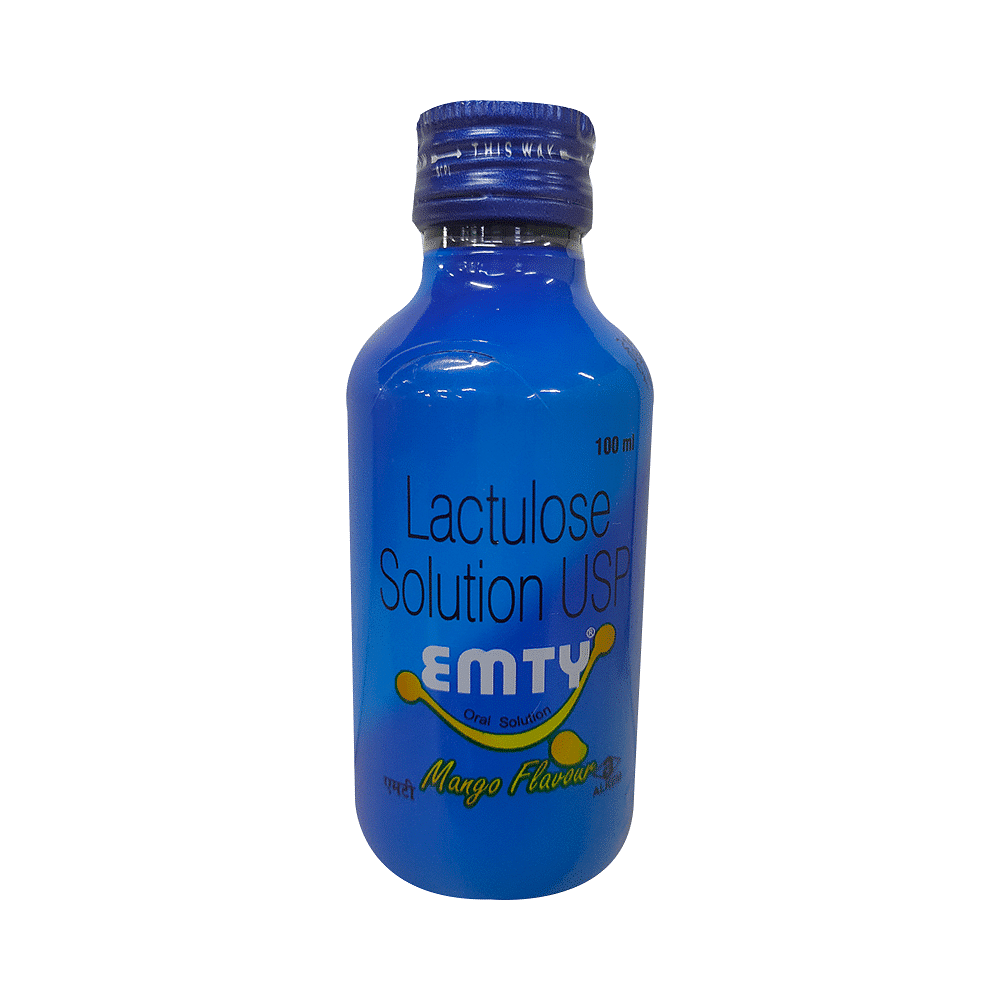
Emty Oral Solution Mango

Emty Oral Solution
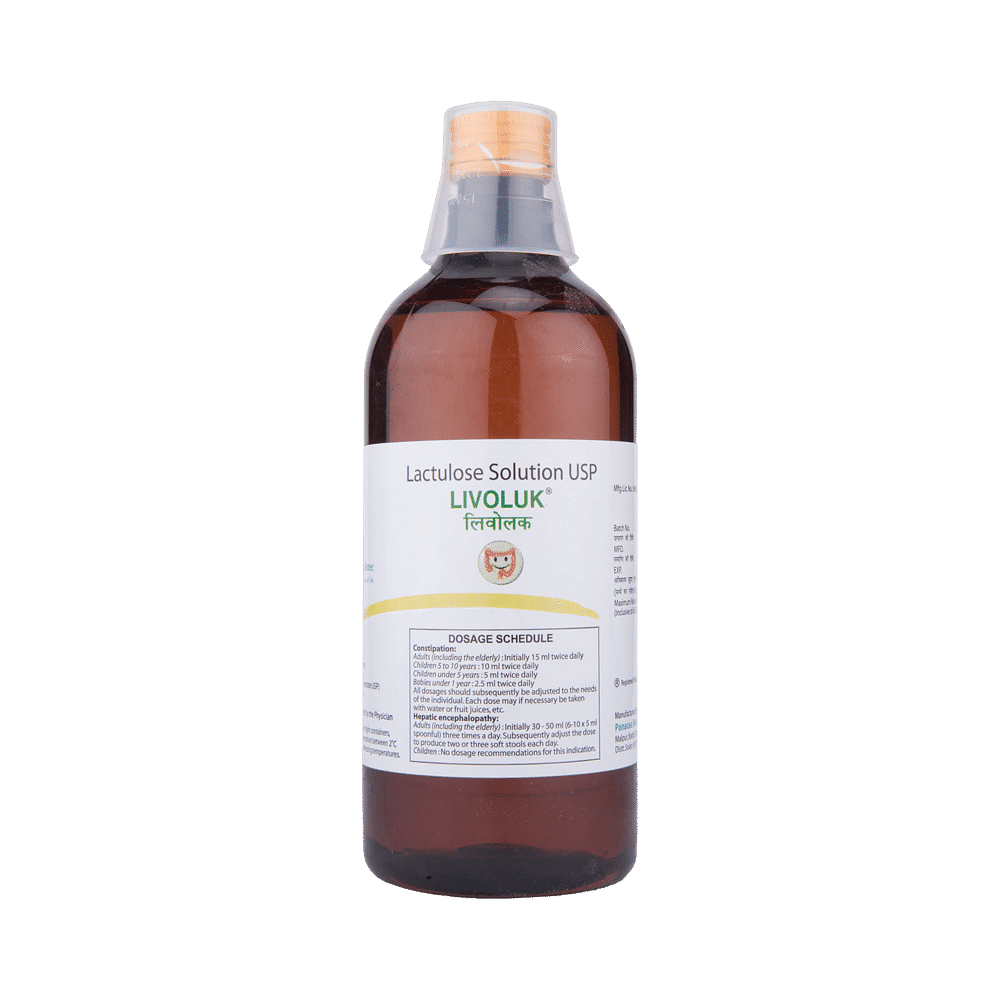
Livoluk Oral Solution
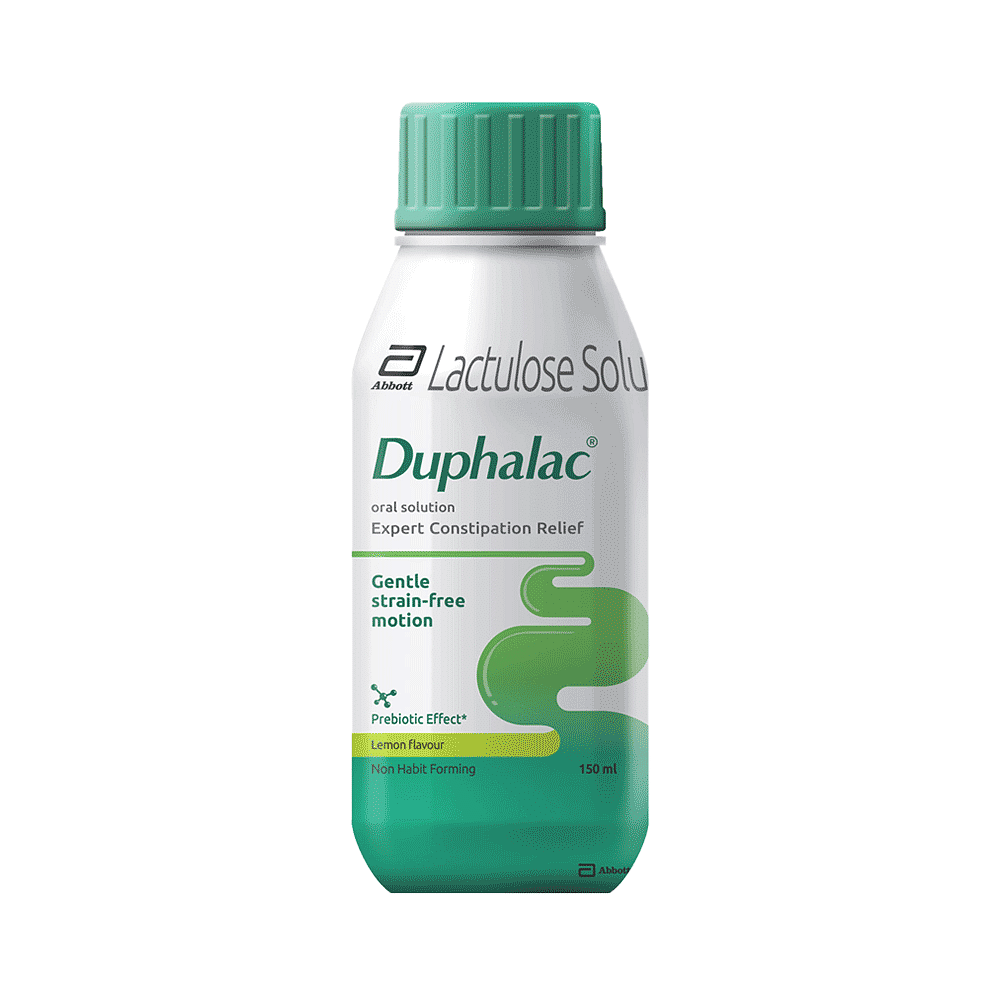
Duphalac Oral Solution Lemon
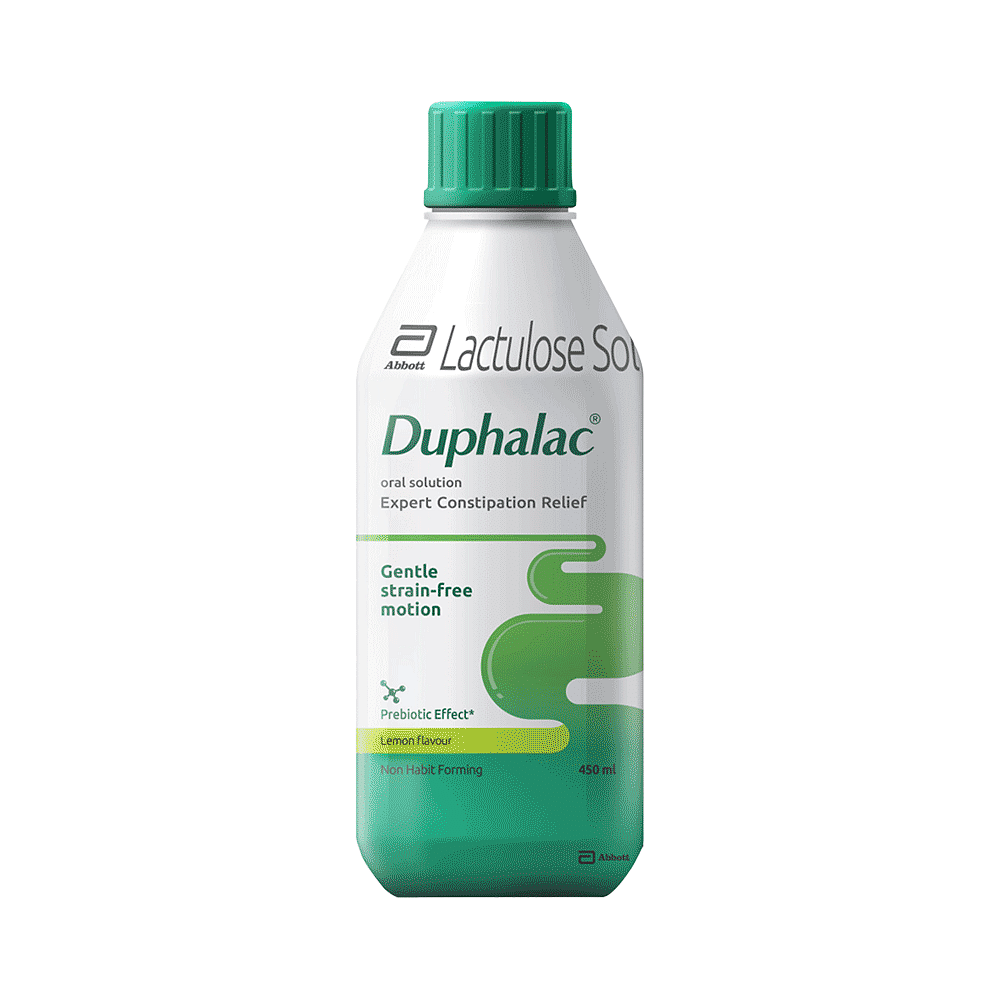
Duphalac Oral Solution Lemon

Cremaffin Syrup Mixed Fruit Sugar Free

Evict Syrup

Evict Syrup
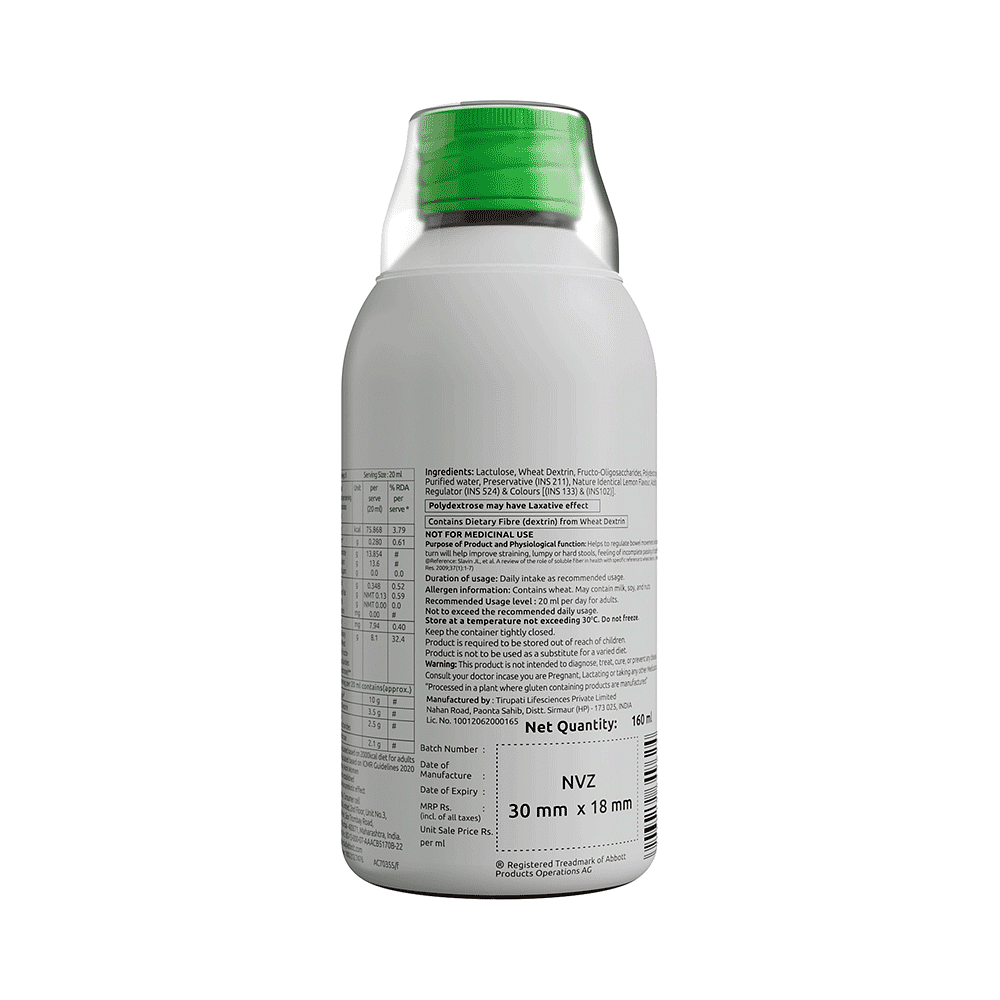
Duphalac Bulk Oral Solution Lemon
Frequently asked questions
How long does Freelac Oral Solution take to begin working?
It generally takes about 2-3 days to experience the benefits of using Freelac Oral Solution. If you are still experiencing constipation after 3 days, it's important to consult your doctor.
What is Freelac Oral Solution used for?
Freelac Oral Solution is prescribed for treating constipation and infrequent bowel movements, as well as hepatic encephalopathy. Hepatic encephalopathy is a serious liver condition that can cause confusion, tremors, and decreased level of consciousness.
Is Freelac Oral Solution a laxative?
Yes, Freelac Oral Solution acts as a laxative by softening stools through the absorption of water from the body to the large intestine. It also helps reduce ammonia levels in patients with liver disease.
What are the potential side effects of taking Freelac Oral Solution?
Freelac Oral Solution can cause various side effects, including diarrhea, flatulence, nausea, vomiting, and abdominal pain. Diarrhea and abdominal pain may occur due to a high dose. In such cases, reducing the dosage is recommended. Flatulence might be noticeable in the first few days of treatment, and it should subside over time. Electrolyte imbalances are also possible, but this is relatively uncommon.
Is it safe to take Freelac Oral Solution daily?
You should adhere to your doctor's prescribed dosage for Freelac Oral Solution, and continue usage until constipation resolves. The duration may extend up to a week in some cases of severe constipation. For hepatic encephalopathy, treatment might last for several months.
Who shouldn't take Freelac Oral Solution?
Freelac Oral Solution should be avoided in individuals with lactose intolerance (difficulty digesting lactose) or a known allergy to it. It's also important not to administer this medication to individuals with galactosemia, as the body can't process galactose.
Can I use other laxatives along with Freelac Oral Solution?
Usually, one laxative is sufficient for relieving constipation. If you require further assistance, your doctor may advise using another laxative alongside Freelac Oral Solution. However, concurrent use of two laxatives can increase the risk of side effects.
What if I take more than the recommended dose of Freelac Oral Solution?
Exceeding the recommended dosage of Freelac Oral Solution may lead to abdominal pain, electrolyte imbalance, and prolonged diarrhea. These symptoms could persist for a couple of days.
How should I take Freelac Oral Solution?
Dosage is determined by your doctor and should be taken in the prescribed measured cup or spoon provided with the medication. You can consume it with water or fruit juice, if desired. Make sure to drink plenty of water for optimal effectiveness.


